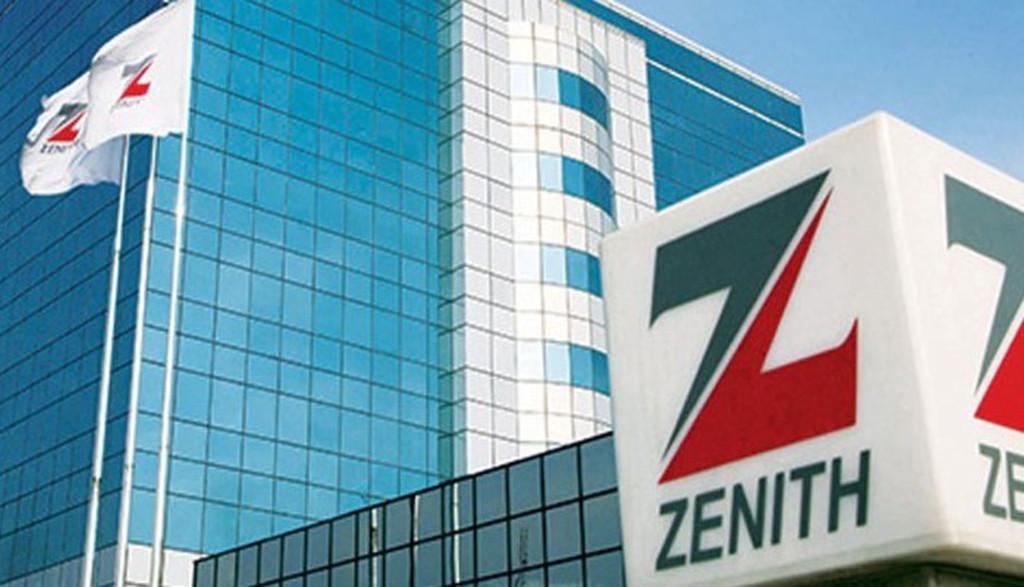In the latest Nigeria Development Update released by the World Bank, an optimistic forecast suggests Nigeria could accumulate over N11 trillion in savings by 2025 through the removal of fuel subsidies.
However, challenges loom as anticipated revenue gains from the subsidy removal have fallen short of expectations, primarily due to factors beyond the subsidy itself.
Join our WhatsApp Channel“The removal of the fuel subsidy is projected to yield substantial savings for Nigeria,” stated the World Bank report. “Yet, challenges persist in realizing the expected revenue increases.”
READ ALSO: World Bank To Allocates $5bn To Empower 100 Million Africans Through Electricity Initiatives
Despite the removal of the fuel subsidy in June 2023, the Office of the Accountant General of the Federation reported that the surge in net oil revenues did not match initial projections.
Although the subsidy used to cost the government approximately N380 billion monthly, the removal failed to generate the anticipated boost in oil revenues. Instead, gains in revenue were attributed to exchange rate improvements rather than the elimination of the subsidy.
“This discrepancy poses a risk of an implicit fuel subsidy re-emerging, potentially hindering oil revenue growth,” cautioned the World Bank report.
Moreover, while Nigeria’s oil production exhibited a 4.6% year-on-year improvement in the initial nine months of 2023, it remains below pre-pandemic levels and falls short of both OPEC quotas and government estimates.
This could impact exports, especially as oil prices are expected to be approximately 20% lower than in 2022.
The World Bank highlighted crucial steps for Nigeria to achieve macroeconomic stability, emphasizing the need to maintain transparency regarding gasoline pricing, regularly publish pertinent information, and ensure that oil revenues flow to the nation.
“With oil production expected to rise but exports potentially affected by lower oil prices, Nigeria faces a critical juncture in optimizing its petroleum sector,” the report stated.
As the country navigates these challenges, the World Bank remains watchful of the outcomes, emphasizing the importance of aligning policies with evolving market dynamics to sustain economic growth and stability.
Emmanuel Ochayi is a journalist. He is a graduate of the University of Lagos, School of first choice and the nations pride. Emmanuel is keen on exploring writing angles in different areas, including Business, climate change, politics, Education, and others.
















Follow Us